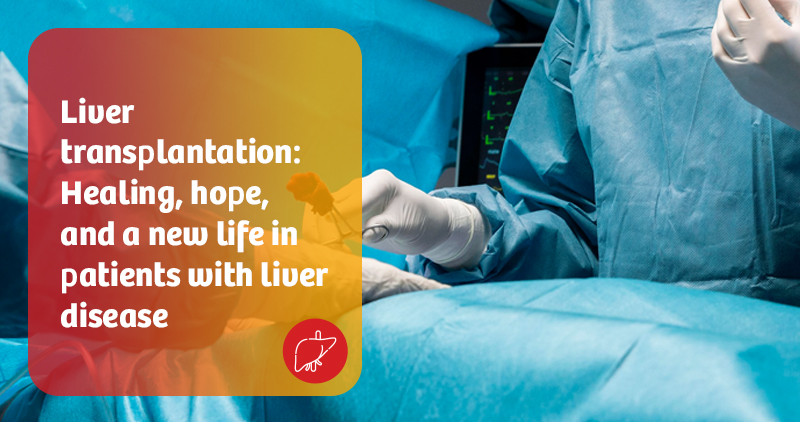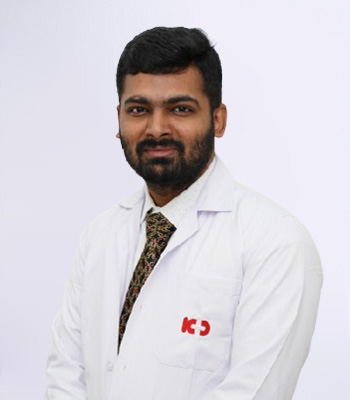

By Dr V Y Bhargav
Consultant – Hepatologist & Liver Transplant Physician
Aug 20, 2025
The liver is one of the most vital organ in our body. It performs numerous life-sustaining functions – from detoxifying harmful substances we consume, synthesising essential proteins, aiding in digestion with bile, and storing nutrients. But when the liver undergoes severe, irreversible damage, these functions are compromised, leading to life-threatening complications. In such a case, liver transplant often becomes the only curative option.
According to the National Organ & Tissue Transplant Organisation (NOTTO) Annual Report (2013–2023), the number of liver transplants in India has risen sharply – from 4,490 in 2013 to nearly 18,000 in 2023. (Source: NOTTO Annual Report 2013–2023 (MoHFW, Govt. of India))
This steady rise reflects how liver transplantation has rapidly emerged as a definitive treatment for advanced liver disease and liver cancer in our country.
Several medical conditions can cause irreversible liver injury and failure that can not be cured with medical management. Liver transplantation is the best option in following conditions. Some of the common conditions include,
During a transplant, the diseased liver is replaced with a healthy donor liver. There are two primary types
- Living donor liver transplant (LDLT): In this procedure, a living donor—often a first-degree family member—donates a portion of their liver, which naturally regenerates in both the donor and the recipient.
- Deceased donor liver transplant (DDLT): In this procedure, the liver is obtained from a deceased donor. Due to high demand and limited availability, patients often remain on a waiting list until a suitable match is found.
Liver transplantation is a complex but life-transforming surgery. For patients with advanced liver disease, it provides not only survival but also the opportunity to regain health and quality of life.
At KD Hospital, Ahmedabad, we are proud to be one of the leading liver transplant centres in Gujarat, offering cutting-edge facilities, a highly experienced team of transplant surgeons, hepatologists, and advanced intensive care under one roof.
Our mission is simple yet profound: to give patients a new lease of life filled with healing and hope through liver transplantation.